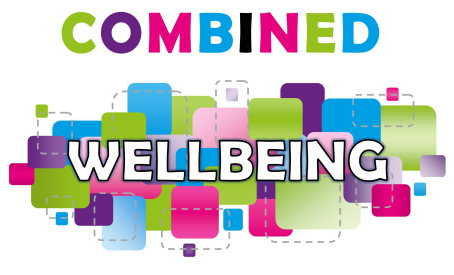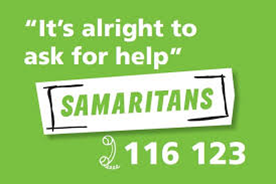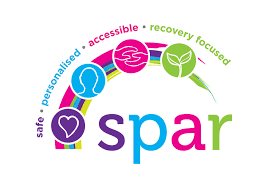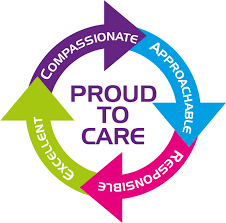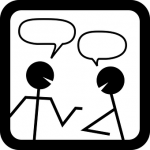Coping Skills

Information
Here you’ll find answers to some common questions concerning how to cope with difficult times.
Select the underlined questions below to see more.
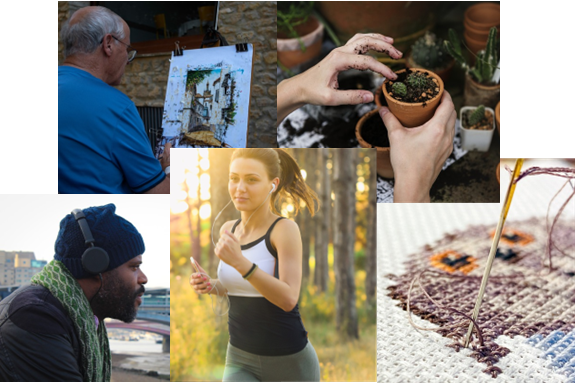 Focus your mind on something else
Focus your mind on something else
Distraction techniques may vary depending on individual interests.
Useful distraction techniques may include listening to music, spending time with friends or family, engaging in arts and crafts activities or utilising helpful apps on a smart device such as ‘Headspace’.
Distraction techniques can be really helpful for short-term relief and during times of crisis.
Choose activities that require your full attention and provide comfort, such as mental games like puzzles or counting, physical activities such as exercise or walking, engaging your senses by listening to music or focusing on your surroundings, and creative tasks like drawing or organising.
Try this quick exercise:
Choose any three of the categories below and name as many items as you can for each one. Spend a few minutes on each category to come up with as many as possible. The categories are:
Movies, countries, books, cereals, sports teams, colours, cars, fruits and vegetables, animals, cities, TV shows, famous people.
 Allowing yourself to get out of your head and into your body
Allowing yourself to get out of your head and into your body
Using the body’s senses such as smell, taste, sight and touch. For example using essential oils which have relaxing properties, such as lavender or allowing yourself to slowly taste your favourite food.
Grounding techniques can be really helpful in reducing some physical symptoms of anxiety.
Try using the 5-4-3-2-1 grounding exercise. This grounding technique uses your five senses to bring you back to the present moment and can be helpful for managing anxiety and stress:
5 (See): Look around and name five things you can see.
4 (Touch): Identify four things you can feel or touch, noting their texture.
3 (Hear): Pay attention to three distinct sounds in your environment.
2 (Smell): Notice two different smells, whether near or far.
1 (Taste): Focus on one thing you can taste, which could be a lingering flavour or a sip of a drink.
 Allowing yourself to ‘let it out’
Allowing yourself to ‘let it out’
Allow yourself to yell, scream, run and/ or cry.
This can allow you to release the pressures of feeling emotionally overwhelmed.

Allowing yourself to take care of YOU
Engage in self-care activities such preparing a special meal, having a relaxing bath or paint/ manicure your nails.
Self love re-enforces that we are worthy of self-care and taking time for ourselves.
Being self-compassionate can be hard for most of us for various reasons and we can often get stuck in a self-critical cycle. Practising self-compassion and directing feelings of kindness and care towards ourselves can have great benefits for our mental health and well-being.
It can be helpful to think about the behaviours or things you can do for yourself that foster self-compassion. What are the things you do that nourish you? What are the things that help you to feel safe, contented, calm and soothed?
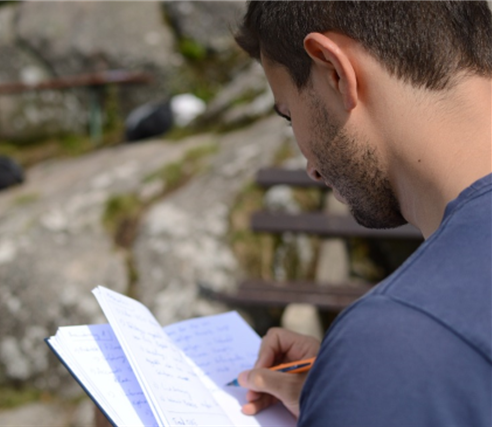 Allowing yourself to challenge unhelpful thoughts
Allowing yourself to challenge unhelpful thoughts
It can be helpful to write down a list of the negative thoughts you are experiencing and then identify the reasons why these thoughts may not be true.
Also allowing yourself to take the advice you would provide to someone you are close to if they voiced those thoughts.
Utilising thought challenge, can actually enable you to shift long-term negative thinking habits.
- What is the evidence for and against this thought?
- Am I taking all the information into account?
- What would a friend say about this? Or what would I say to a friend?
- Does this apply to all situations?
- How else could I view the situation?
- How likely is that outcome?
- Are there any other explanations?
- If I adopt a positive mindset, how may my thought differ?
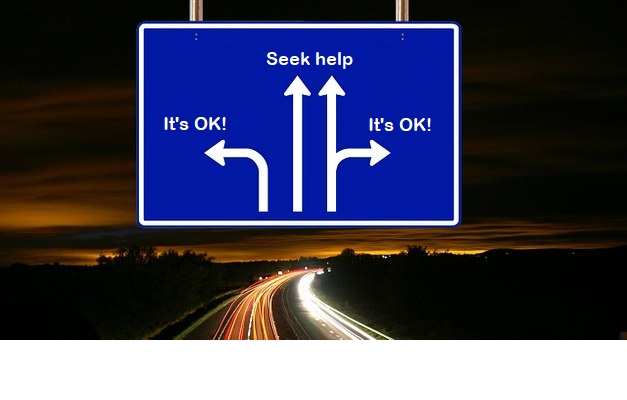
Coping with
Top tips to cope if you have worries about situations that make you feel uncomfortable.
The following buttons are self-help suggestions for you
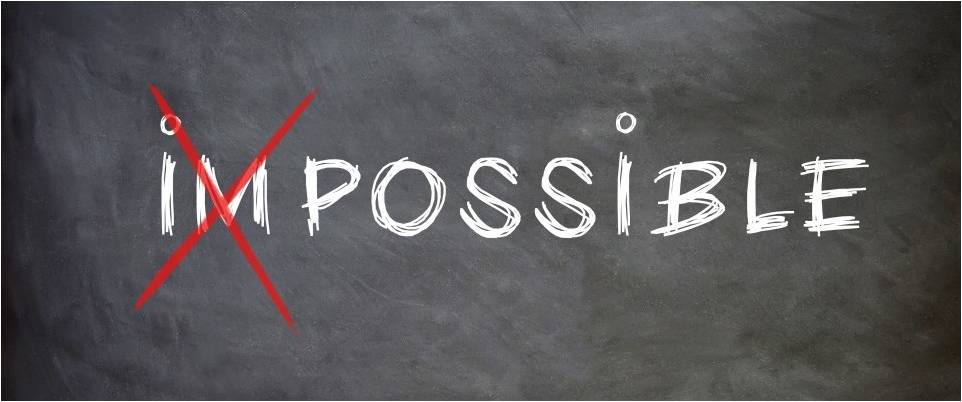
Finding help
Who can they talk to?
- Friends
- Family
- Health professional (Counsellor, Nurse)
- Charities and Helplines
Select the underlined topics below to view what resources are available.
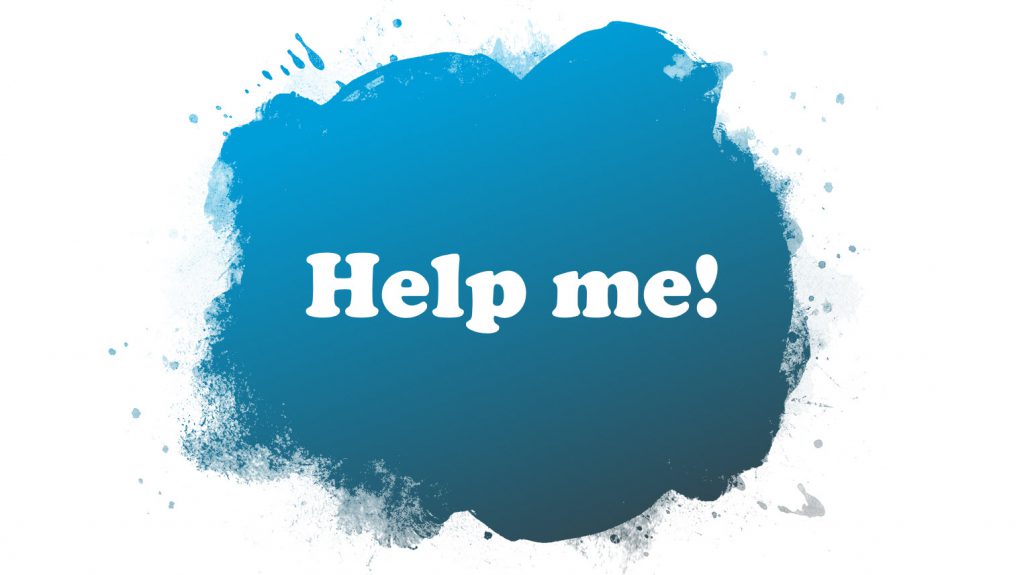
Getting more help
If you haven’t already found the help you’re looking for, you can find additional information and services which are more interactive here.
